detail profile celso amorim

Info Pribadi
Peran Yang Di Mainkan Celso Amorim
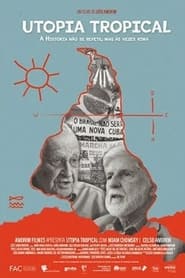 Brazilian professor academic and diplomat Celso...
Brazilian professor academic and diplomat Celso...Utopia Tropical 2023
Brazilian professor, academic and diplomat Celso Amorim and North American linguist and activist Noam Chomsky reflect on the political, social and economic issues that shaped Latin America.
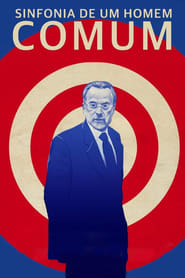 As head of the Organization for...
As head of the Organization for...A Symphony for a Common Man 2022
As head of the Organization for the Prohibition of Chemical Weapons, Brazilian diplomat José Bustani became an obstacle in America’s march to war with Iraq. Ousted from his position, he now revisits the chilling events that marked a turning point in global power structures.
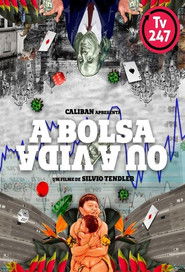 In the postpandemic future of covid19...
In the postpandemic future of covid19...A Bolsa ou a Vida 2021
In the post-pandemic future of covid-19, will the centrality be the financial casino and the accumulation of wealth by an elite or a quality life for all, with less inequality? Did the minimal state show itself capable of serving the collective? How to guarantee life without social and labor rights? What model of society do we want to live in? The film addresses the dismantling of the concept of social welfare and makes us reflect on the incompatibility of neoliberalism with a humanist project of society.
 A documentary about the controversial businessman...
A documentary about the controversial businessman...Citizen Boilesen 2009
A documentary about the controversial businessman Henning Boilesen Jr. and his involvement with the military regime as one of its most enthusiastic supporters, financing it and participating in the tortures of political prisoners. Those actions later culminated in his assassination in 1971 by members of militant groups opposed to the regime.
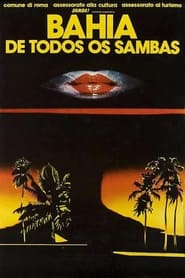 Between August 23 and 31 1983 at the Circo...
Between August 23 and 31 1983 at the Circo...Bahia de Todos os Sambas 1996
Between August 23 and 31, 1983, at the "Circo Massimo", in Rome, there was a musical event that brought together artists from Bahia. This film brings a recording of the event, also featuring backstage, rehearsals, testimonies and some relaxing moments of these great names in Bahia's music.
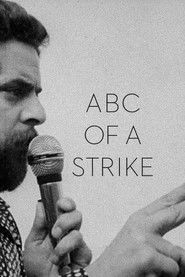 ABC of a Strike captures the 1979...
ABC of a Strike captures the 1979...ABC of a Strike 1990
ABC of a Strike captures the 1979 metal workers strikes outside of São Paulo. The footage sat untouched until after the death of highly-regarded director Leon Hirszman in 1987, by which time the material had a new relevance. The gripping film captures the negotiations between the labor unions and the factory bosses and shows the birth of the region’s Worker’s Party, as well as the emergence of its charismatic leader, Luiz Inácio Lula da Silva. Rising from extreme poverty, Lula gained national prominence as a union activist during the late 70s and early 80s. After being jailed during his time as a union leader, he eventually becomes Brazil’s president from 2003 to 2010.
